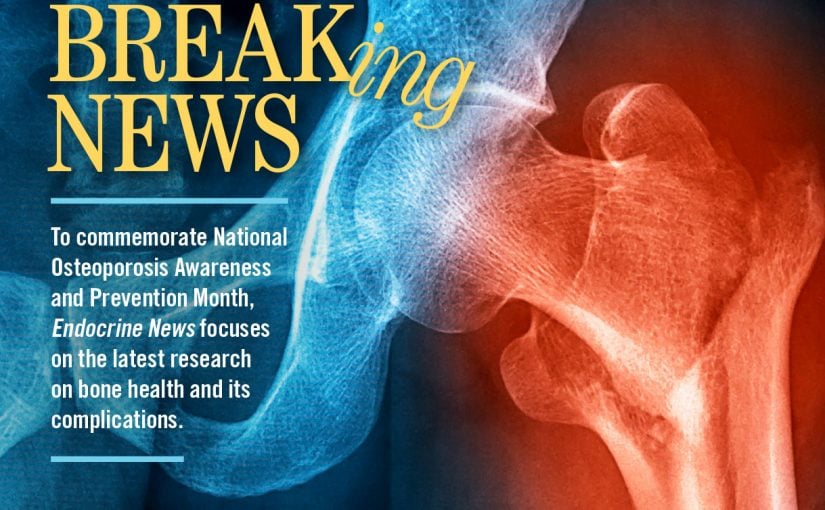
Donald P. McDonnell, PhD
Gerald D. Aurbach Award for Outstanding Translational Research
Donald P. McDonnell challenged longstanding models of nuclear receptor (NR) endocrine pharmacology which had held that an agonist was a “switch” that induced activating conformational changes in a NR, while antagonists functioned as competitive inhibitors that would freeze receptors in an inactive (apo) state. His genetic dissection of estrogen/progesterone receptor signaling provided the first evidence for the existence of “functional adapters” that act distal to the receptor (coregulators) and are primary regulators of ligand-mediated NR pharmacology.
These insights informed his development of mechanism-based discovery platforms that have enabled the identification of novel therapeutic drugs for specific endocrinopathies.
He then defined how information flows from ligands to their cognate receptors and ultimately to coregulators using: (a) genetic screens to identify NR mutations that alter responses to ligands; (b) combinatorial peptide phage display to survey ligand-induced, allosteric changes in receptor conformation; and (c) high affinity peptide-antagonists to probe the functionality of protein-protein interaction surfaces on NRs upon ligand binding. He proposed and validated a revised model of NR pharmacology which posits: (a) the conformation of an NR is determined by its ligand; (b) allosteric changes in receptor conformation enable the presentation of different protein-protein interaction surfaces; and (c) functional output reflects the ability of differently conformed liganded NRs to engage functionally distinct coregulators in cells. These insights informed his development of mechanism-based discovery platforms that have enabled the identification of novel therapeutic drugs for specific endocrinopathies.
Notable successes include his discovery of the first-in-class Selective Estrogen Receptor Downregulator (SERO) Etacsil, a scaffold upon which most of the current SERDs are based, and his repurposing of elacestrant, lasofoxifene, and bazedoxifene, drugs that are currently in clinical development for metastatic breast cancer. Similar approaches have led to the identification of several new classes of clinically important androgen receptor modulators. Recent work also led to the impactful demonstration that the oxysterol 27-hydroxycholesterol is a biochemical link between hypercholesterolemia and breast cancer pathobiology and increased risk of osteoporotic fractures in women.
Presented in recognition of outstanding research that accelerates the transition of scientific discoveries into clinical applications that improve human health or elucidate the pathogenesis of human disease. Translational research supported with this award will typically involve expertise, collaboration, and engagement across disciplines. Gerald D. Aurbach, MD, the Endocrine Society’s 68th president, was a renowned researcher, mentor, and clinician, and his work revolutionized the understanding of bone metabolism and calcium homeostasis. Supported by the Gerald D. Aurbach Memorial Fund.

